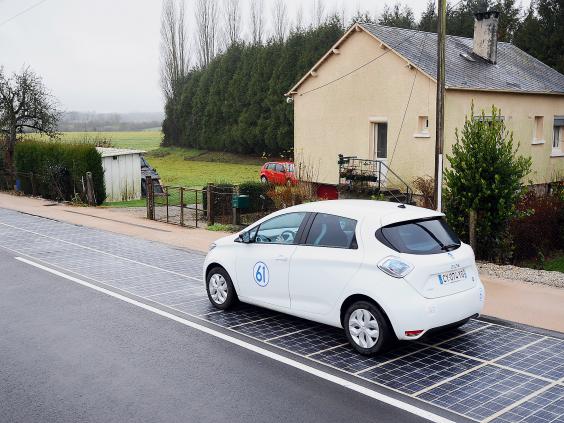This is pretty big news in itself but the upshot is more so. If one major high quality manufacturer goes electric the rest will be forced to follow sooner or later and that means a massive shift in fuel types used.
Once the cars go electric there will likely be a public push for clean power, that meaning renewables.
Once that come in, and it will, the power of the middle east will diminish and that will mean massive political changes as well as a big change for a lot of expats who work in the traditional fuel industries.
Perhaps 10 years down the road, but what do you think the mass introduction of electric cars will mean for expats around the world?
http://www.thejakartapost.com/life/2017 … -2019.html
Swedish carmaker Volvo Cars said Wednesday it plans to phase out production of conventional petrol-only cars from 2019, with all new models to be either electric or hybrids.
The Gothenburg-based group is the first major manufacturer to electrify all of its models and to set out a roadmap for the gradual end to the internal combustion engine, a century and a half after it was invented.
Volvo, owned by China's Geely, said it plans to launch five fully electric models between 2019 and 2021, three under its own brand and two under the Polestar brand, as well as a range of hybrid models.
Polestar is a subsidiary specialising in high-performance electric vehicles and is a rival to California-based Tesla, which is about to launch production of its first lower-priced car, "Model 3".
"This announcement marks the end of the solely combustion engine-powered car," Volvo Cars president and chief executive Hakan Samuelsson said in a statement.
A Volvo Cars spokesman said the first fully electric car would be manufactured in China, and that the production location of the other four was yet to be determined.
















